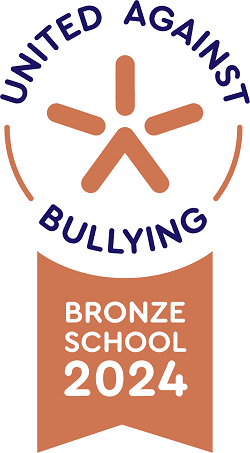Autumn term 1 – health and wellbeing
Building for the future:
Self-efficacy, stress management, and future opportunities
Autumn term 2 – living in the wider world
Next steps:
Application processes, and skills for further education, employment and career progression
Spring term 1 – Relationships
Communication in relationships:
Personal values, assertive communication (including in relation to contraception and sexual health), relationship challenges and abuse
Spring term 2 – health and wellbeing
Independence:
Responsible health choices, and safety in independent contexts
Summer term 1 – living in the wider world
Families:
Different families and parental responsibilities, pregnancy, marriage and forced marriage and changing relationships
Visit our personal development page for more information

